|
Why did Netanyahu bring up biblical prophecies in his last speech on the ongoing war?
Essentially the whole claim of the zionists to what they call the "Land of Israel" is founded on Biblical texts and genocidal in nature. The region of today's Palestine, Syria and Lebanon, was historically called Canaan. Palestine was a part of Canaan. The name Palestine was given by the Romans to South Canaan.
0 Comments
By Dyab Abou Jahjah
First some general context: Gaza is an open-air prison where Palestinians have been collectively incarcerated for 17 years. See here. Every two years or so, Israel commits mass slaughter in Gaza. Even when Palestinians choose to protest non-violently against the blockade. See here. The majority of Gaza's residents (86%) are refugees ethnically cleansed by Israel from towns around the Gaza Strip. See here. Jewish settlers now live in these towns amid green oases, overlooking the walls of the open-air Gaza prison. This is part of Israel's ongoing colonisation and military occupation of Palestine, which has now continued for more than 75 years. To have an idea, see here So what did really happen on the 7th of October 2023? Dyab Abou Jahjah Laten we beginnen met het onderscheid te maken tussen rellen en plunderen. Plunderaars zijn dieven. Plunderen is niet gelijk aan rellen. Plunderaars parasiteren op rellen en maken gebruik van de chaos. Ze hebben geen andere drijfveer, zijn niet kwaad, ze zijn cynisch en onverschillig. Tijdens momenten van grote onrust, van verwarring, verschijnen altijd parasieten zoals plunderaars. Maar het zijn niet enkel de plunderaars; politici parasiteren ook op rellen door ze overdreven te veroordelen of door ze te steunen. Ze scoren punten bij hun kiezers. De media doen hetzelfde en maken gretig gebruik van zo'n gebeurtenis met hun tendentieus verslaggeving, allerlei overdreven stellingen in talk programma's, en de nodige clickbait. Vaak zijn ze enkel geïnteresseerd in wat het voor hun verdienmodel betekent. Net als de plunderaars, maar op een andere schaal. (This article was first published in Dutch by the Belgian Magazine Knack on July 10, 2021)
Dyab Abou Jahjah The debate on Ihsane Haouach in recent weeks has been much more meaningful than many think. I do not want to analyse the grounds that led to her sacking here. What I do want to do is explain what woke Islamism is and how it manifests itself in Europe. Let me be clear about one thing. When we talk about Islamists, there are many variations, and in the Arab world democrats have to remain in dialogue with the most moderate versions in the hope that one day they will evolve into some kind of Muslim democrats. This seems to be the case, for example, with the Tunisian branch of the Muslim Brotherhood, the Annahda Party, which lost the elections and transferred power peacefully. But here in Europe we are beyond that. Europe cannot be complacent with a movement that wants to place the sovereignty of the people under the umbrella of divine law. No matter what demographic changes are taking place. De woke campagne tegen Michel Bauwens heeft een nieuwe fase bereikt. Een open brief tegen hem wordt ondertekend door veel mensen uit het woke spectrum, waaronder professoren, activisten en opiniemakers die hem ervan beschuldigen “alt-right” te zijn. Die absurde brief heeft nu Vlaanderen bereikt en circuleert in cultuurhuizen. Mensen binnen deze cultuurhuizen die een probleem hebben met de inhoud, voelen zich te geïntimideerd. Ze vrezen voor hun inkomen. ✦Opinie Dyab Abou Jahjah (De Morgen 5 Februari 2020)
De vzw Let’s Go Urban is in opspraak, maar geen alleenstaand geval. Tijd om de uitwassen van de Vlaamse integratie-industrie aan te pakken. I do not know if it is an honour I should claim, but I believe that I am the first person to have introduced the term decolonisation into the national public debate in Belgium, not in relation to the liberation of the colonies in the third world, but in function of what was known in the early years 2000 as the “integration and immigrant debate”.
By Dyab Abou Jahjah
“ I went for a stroll downtown the other day, you can barely recognise the city with all these foreigners everywhere, it felt as if I was in another country”. I remember this conversation with my Lebanese neighbour in Sidon, as if it was yesterday. It was 2013, I was still living in Lebanon back then, and I was still fully in the anti-racist activist mindset. So of course, I started preaching about tolerance and how we are all human beings. Since my neighbour was complaining about Syrian refugees I also added that we are all Arabs to my speech. Looking back with some more perspective, I realise that my response to my neighbour was a bit arrogant and on the limit of insolence. Of course we are all human beings, my neighbour was aware of that and does not need me to imply that he did not recognise the humanity of the Syrian refugees. And of course Syrians and Lebanese are as close as Flemish and Dutch, culturally, linguistically and historically, my neighbour knew that as well. Yet what he did that day was expressing a genuine sentiment that many Lebanese share since the massive influx of Syrian refugees into Lebanon end of 2011 and in the years that followed. By Dyab Abou Jahjah "Samuel Paty's cause is my cause, and should be the cause of any citizen who loves freedom. Paty was not Islamophobic, he taught his students important values of tolerance and proportionality. The fact that some people cannot see him as a victim is also a reflection of the rise of dogmatic sectarianism and tribalism." Dyab Abou Jahjah @aboujahjah The events unfolding in the United States of America, and the growing momentum for the #BlackLivesMatter movement, are a welcomed development for people, such as myself, who were on the barricades fighting racism for decades in Europe. However, the anti-racist struggle should remain a struggle for equality and human rights, and not be transformed into an elitist and dogmatic discourse on why one identity is good and the other one is bad.
|
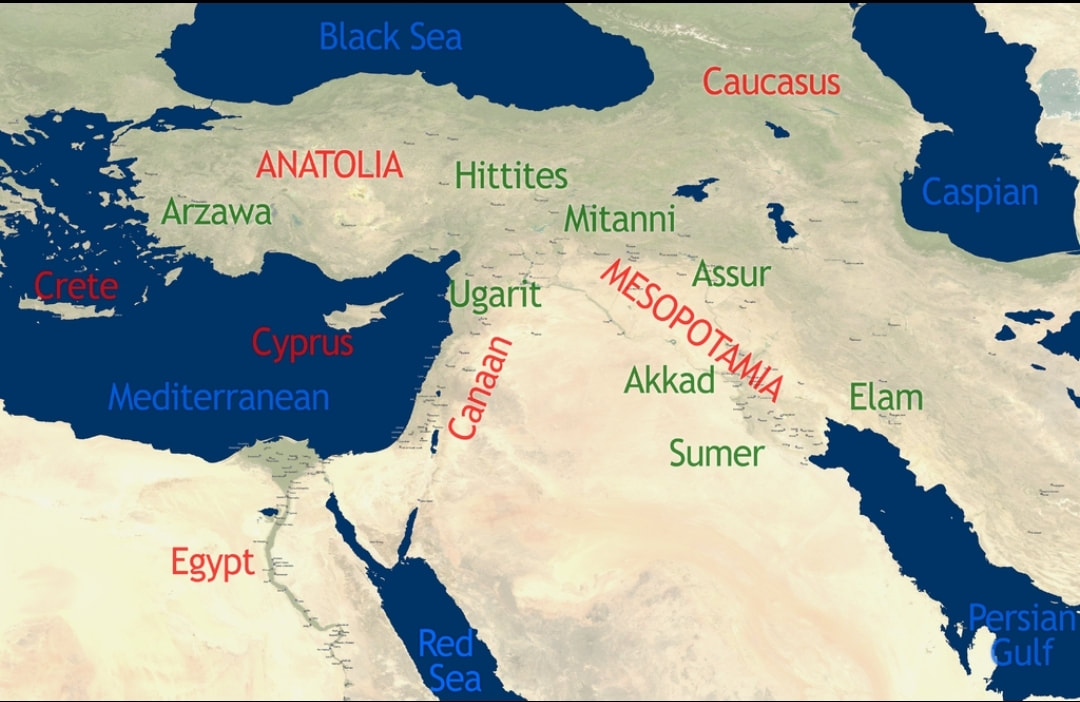
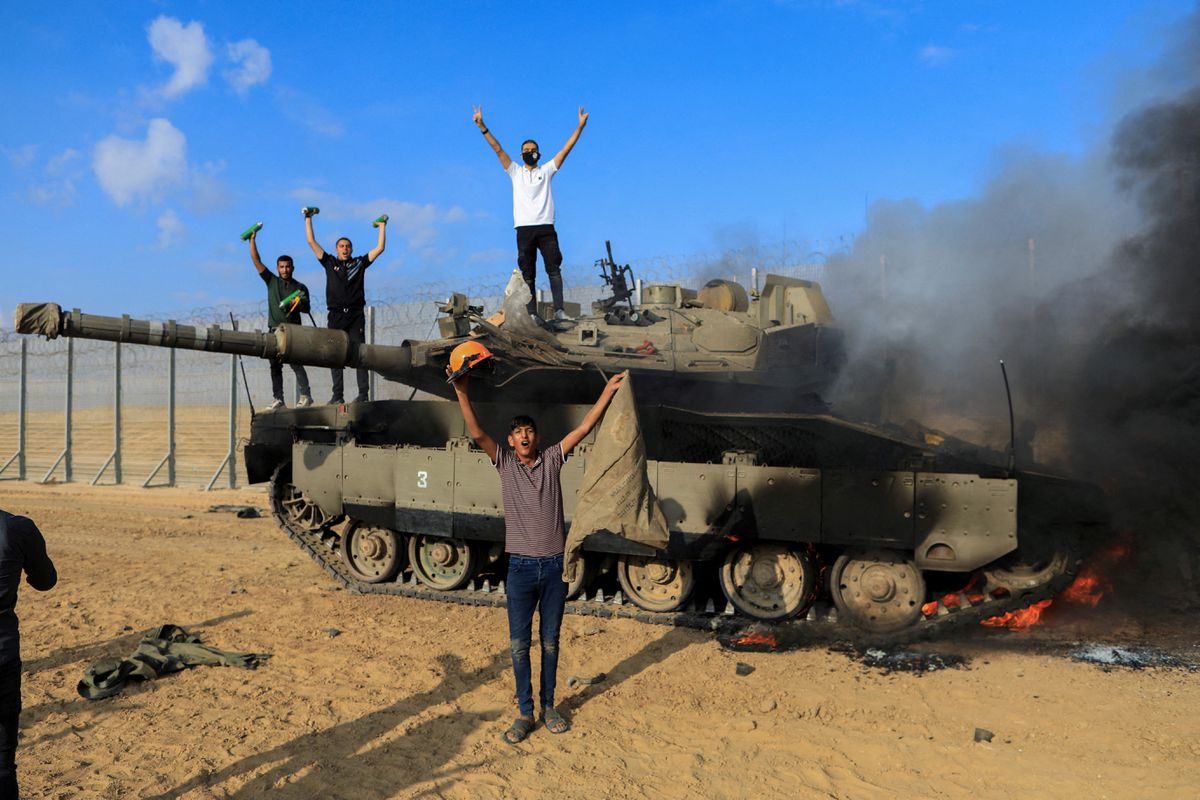
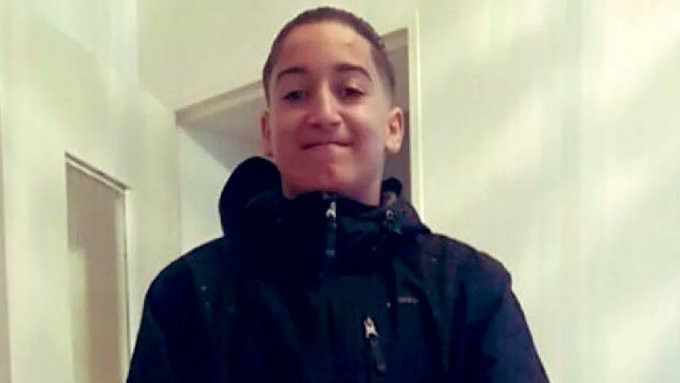
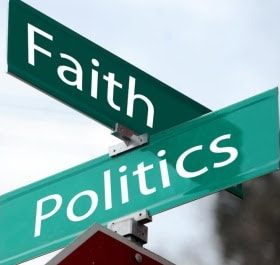
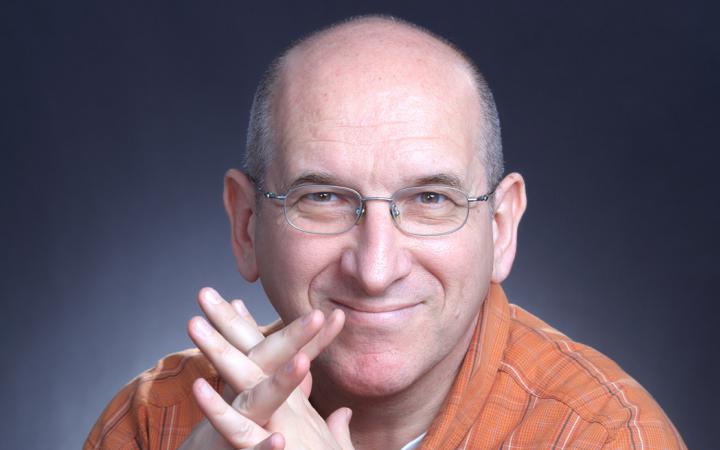
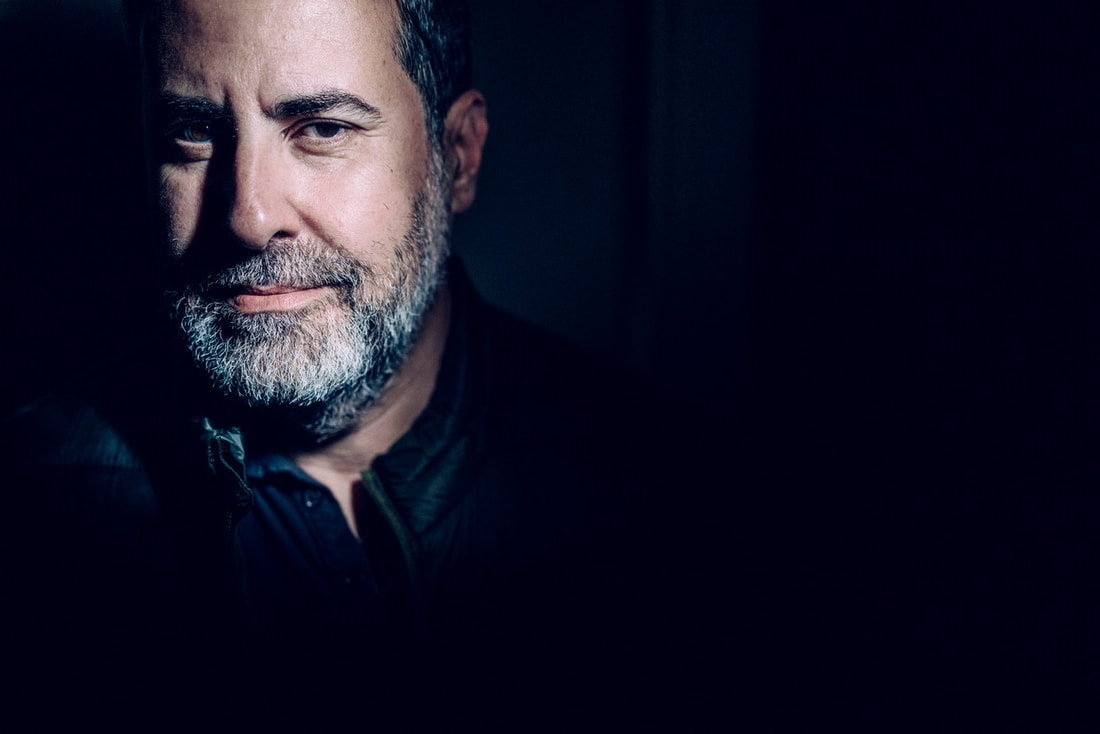
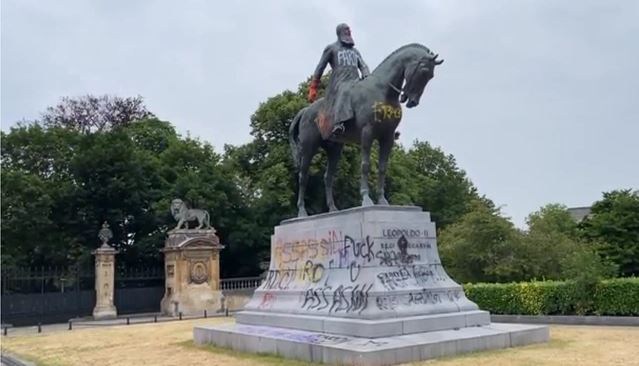
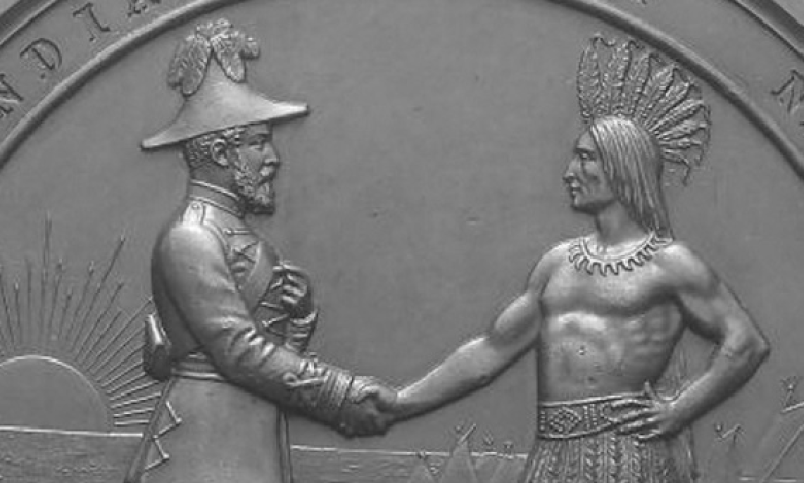
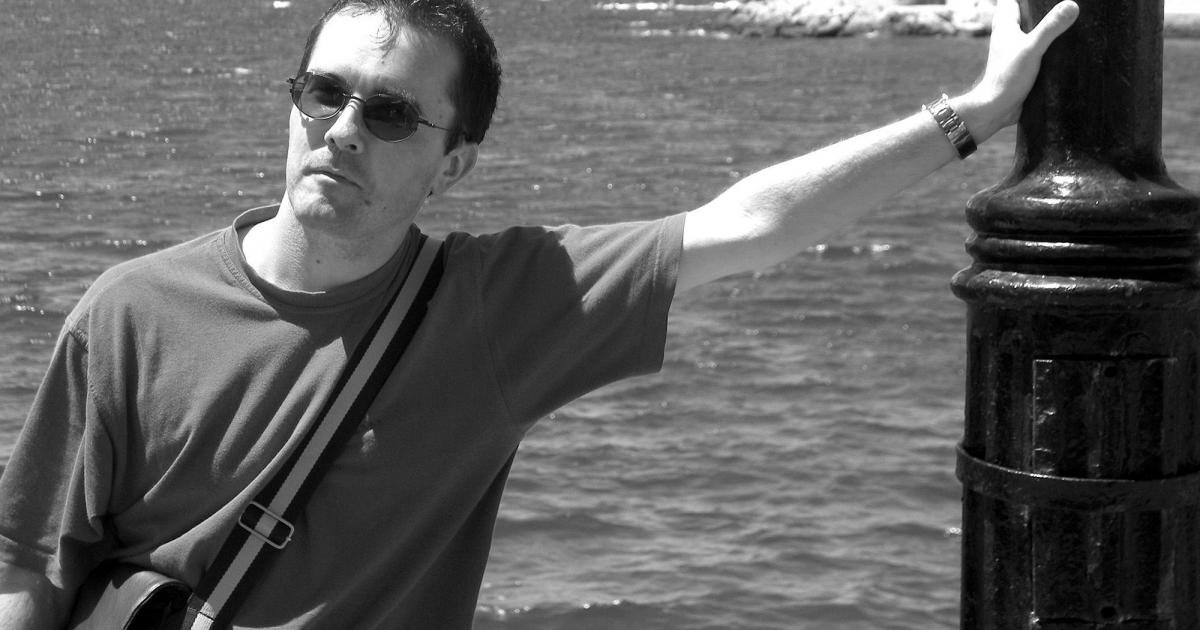
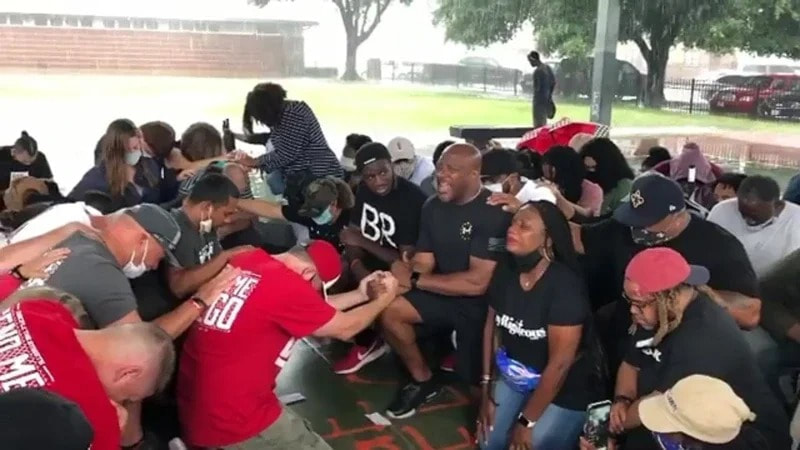
 RSS Feed
RSS Feed